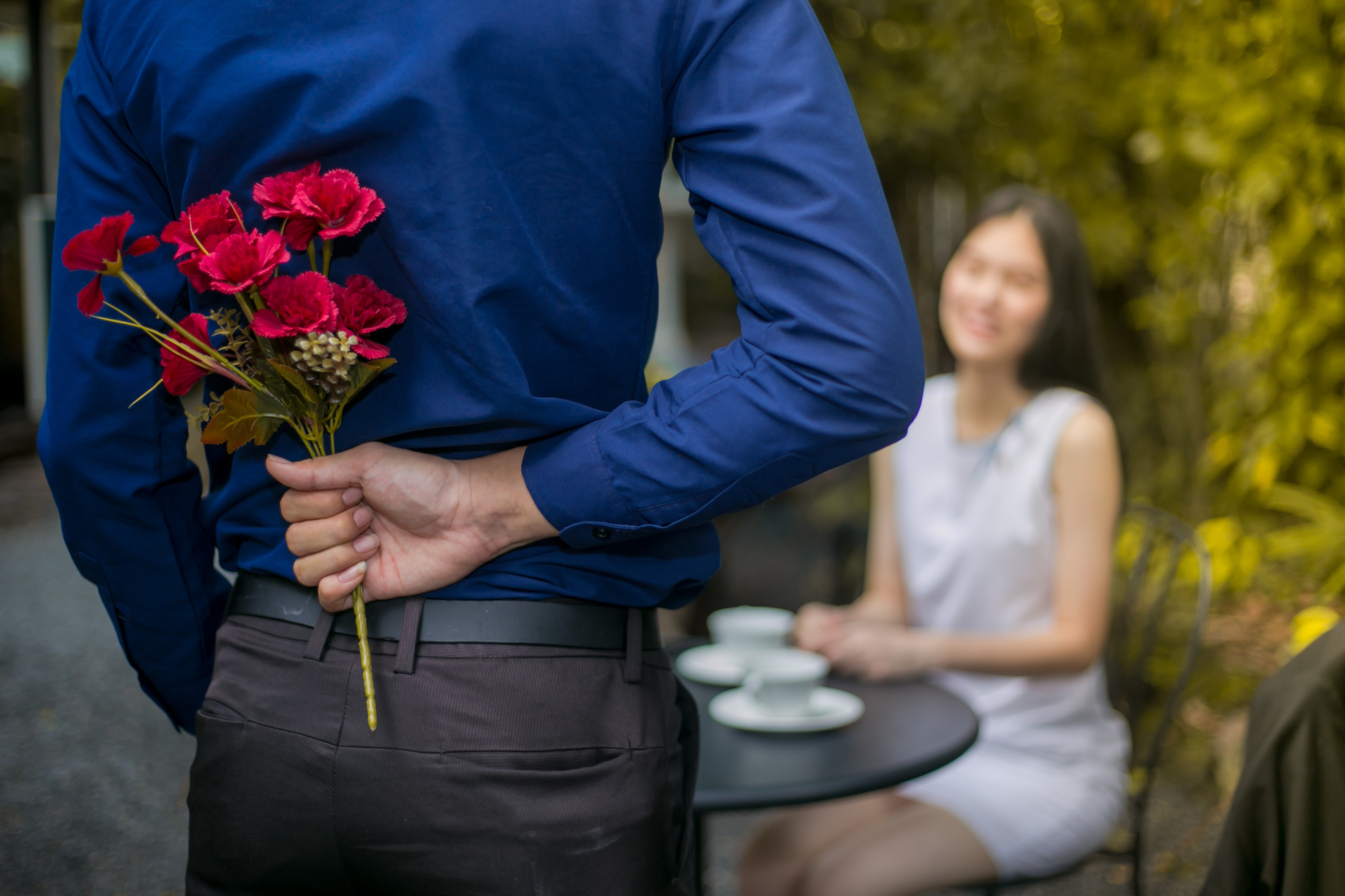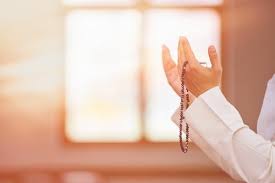There are more than 350,000 known plant species on Earth, including eye-catching colorful blooms that make the perfect centerpiece for bouquets and arrangements. It would be impossible for any individual to identify them all.
When buying flowers, how can you be sure that the blooms you’ve chosen aren’t pungent, poisonous, or poor quality?
With the popularity of online floral distributors, making informed choices is trickier than ever. Doing your research before adding a plant to your next botanical project is essential. Forethought can help you avoid painful or embarrassing scenarios—or even save you money!
We’ve created this guide to share seven things to consider when choosing fresh flowers for a project or gift. Read on to learn everything you need to know about purchasing plants.
1. Does the Recipient Have Pets?
Flowers are a beautiful gift, but not all beautiful blooms are ideal for pet owners. Many types of flowers are highly toxic to dogs and cats. If you gift the wrong blossoms, you could cause a great deal of heartbreak for your recipient.
In some cases, plants are only toxic if ingested. In other cases, the pollen alone is enough to cause neurological issues in small animals. When you buy flowers for pet owners, avoid lilies, tulips, azaleas, and oleander.
2. Do The Flowers Have a Meaning?
“The language of flowers” (also known as floriography) involves communicating using plants. You can express a complete, complex sentiment with something as simple as a bouquet or arrangement. When considering flower options, you may wish to be aware of their meaning so your recipient will not misapprehend your intentions.
Some perfectly lovely flowers have negative meanings and associations. For example, yellow carnations represent rejection. They may be bright and sunny, but you shouldn’t send them as congratulations!
3. Where Do the Flowers Come From?
When buying flowers online, your beautiful blooms can originate almost anywhere. If the plants you order are sitting in a greenhouse halfway across the world, the odds are that they won’t be fresh when they arrive.
We advise you to prioritize local or domestic flowers whenever possible to ensure fresher, more vibrant, and longer-lasting flora. Greenhouses make it possible to grow rare, unique, and climate-specific blooms nearly anywhere on Earth.
4. Are They an Allergen?
A flower or bit of greenery might look like the perfect addition to your bouquet, but looks can be deceiving. Even if you don’t have a seasonal pollen allergy, you or your recipient may be sensitive to certain allergenic plants. While aesthetics matter, it’s essential to learn as much as you can about the qualities of the fresh flowers you plan to use.
The following plants can cause uncomfortable reactions in many individuals:
- Sorrel
- Goldenrod
- Amaranth
- Chamomile
- Chrysanthemums
- Daisies
- Sunflowers
- Wisteria
Many people with food allergies also have related plant allergies. For example, an individual with a seed allergy may be sensitive to sunflowers, which house sunflower seeds. You might wish to avoid the above blooms to stay on the safe side.
5. What Do They Smell Like?
A fabulous bouquet is more than a treat for the eyes. It should be a complete sensory experience.
Floral scents should harmonize rather than fight one another for dominance. When you shop from an online flower distributor, do some research on each plant’s unique scent profile before you make a purchase.
There are many perfectly attractive plants associated with negative scents. Be wary of adding the following blossoms to your next arrangement:
- Shasta daisies
- Lantana
- Crown imperial
- Sea holly
- Datura
- Globemaster allium
- Paperwhite narcissus
- Cleome
- Mountain ash
- Marigold
While some of the above plants are strong or acquired scents, others smell foul for specific evolutionary reasons. If you fall in love with the look of one of these pungent beauties, don’t fret. You can often find a flower with a similar look and less offensive smell.
6. Are Your Flowers Associated With an Occasion?
Over the years, certain plants have become associated with specific occasions or emotions. For example, most individuals consider roses to be romantic, though they are also appropriate gifts for performers on opening night. It’s also common to gift irises for a 25th anniversary.
If you don’t gift flowers often, the sheer number of flower options can seem overwhelming. It’s tempting to choose a simple, pretty flower at random and send it to your friend to celebrate their new baby. If you select a plant like lilies, however, you may accidentally be sending a funeral bouquet to celebrate a birth!
7. Are You Getting a Good Price?
Plants run the gamut from easy-to-grow, year-round blooms to rare and exotic hothouse beauties with specific care needs. Often, you get what you pay for when it comes to unique flowers.
Some suppliers cultivate flowers in unique or atypical colors, which tend to sell for a premium compared to the same flower in a more common shade. Other times, however, you may get a white flower exposed to colored water. It might lend the blossom a nice tint, but that kind of care is not worth an upcharge.
Do your research before committing to a price that seems too good to be true—sometimes it really is!
What to Consider Before Buying Flowers
Plants are organic organisms with a host of unique traits and qualities that may not be evident in online photos. While some of those qualities can be benign, others can cause health problems or send the wrong message. A bit of research can help prevent stress when buying flowers, whether you’re gifting an arrangement or building a bouquet.
What else do you need to know before making your next crafty purchase? Check out the rest of the blog for more information-packed posts like this one.





Be First to Comment